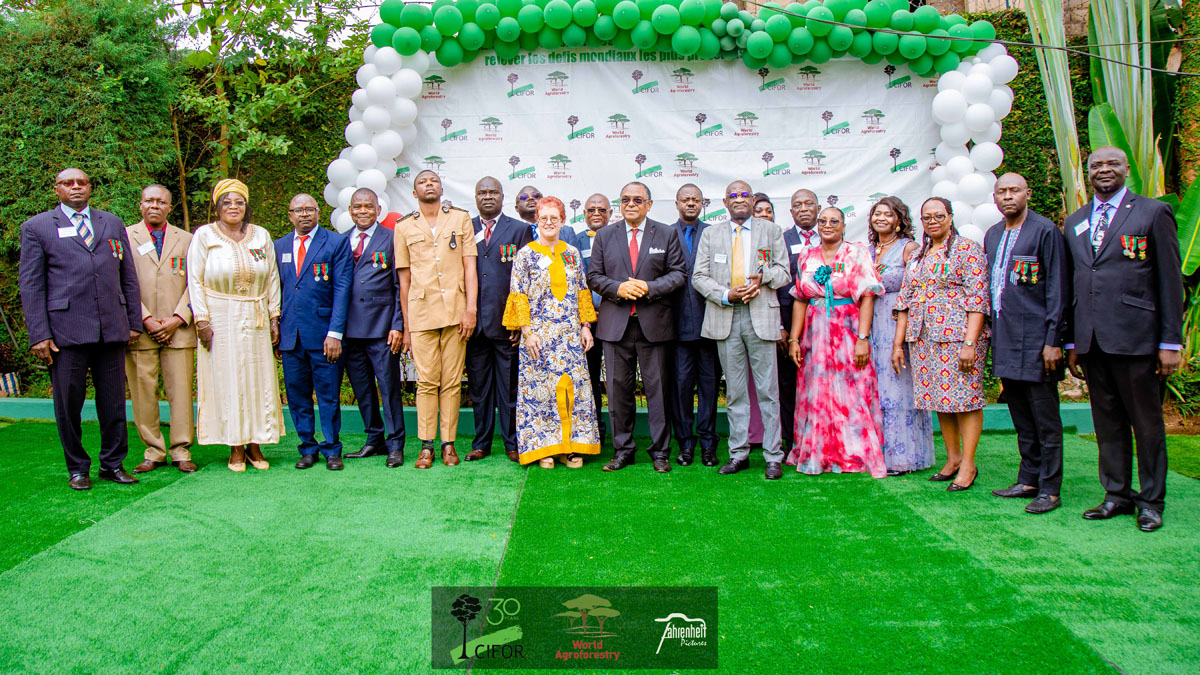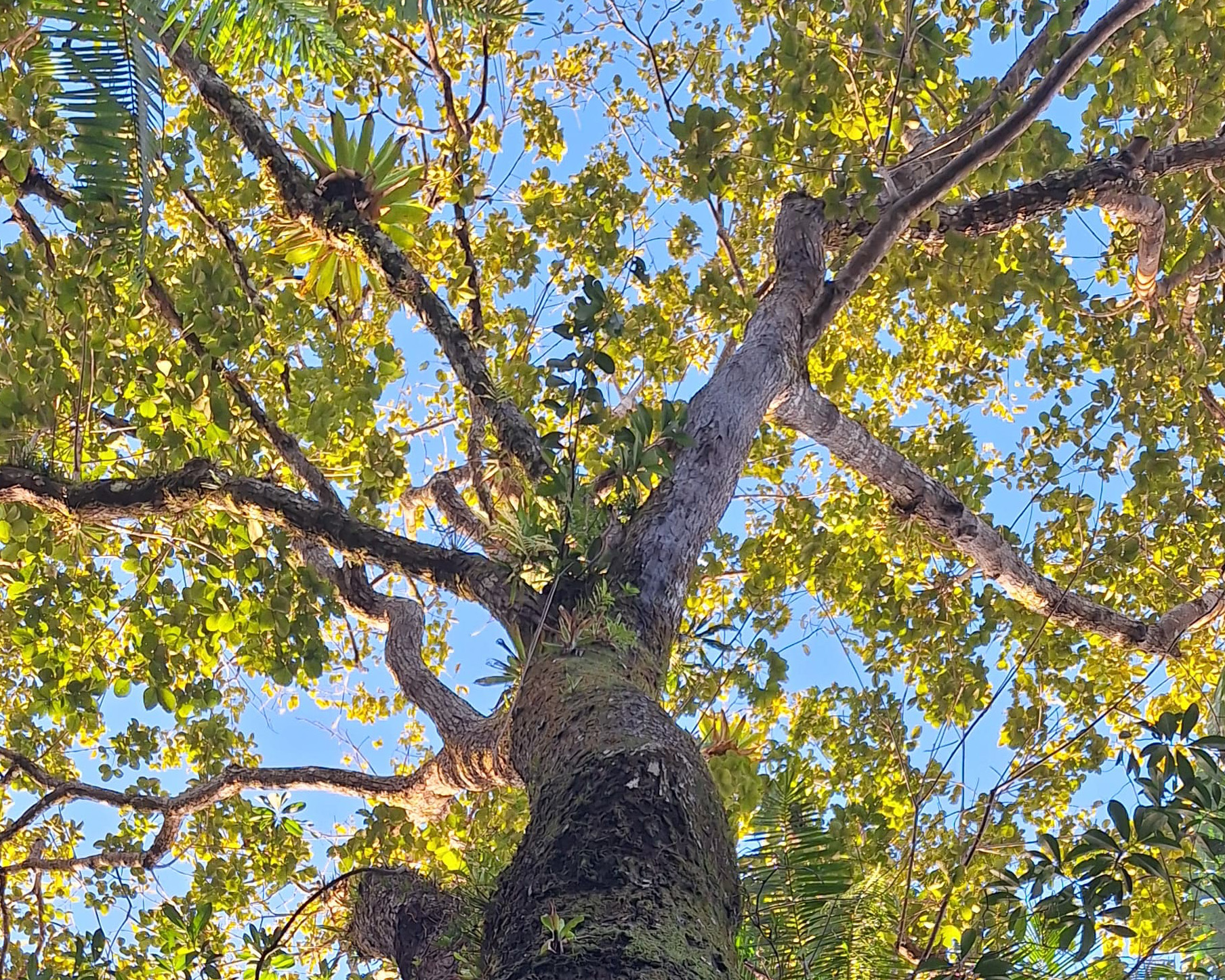Degrading soils reduce the tolerance to a variable and changing climate; managing soil fertility is key to climate change adaptation. Rural communities of the Kara River Basin in Togo see soil and climate issues as closely linked. To identify local solutions to adapt to climate and land-use-change-induced soil fertility decline, this study employed semi-structured questionnaire interviews with 436 respondents (farming households) from 38 selected villages in the river basin, focus group discussions, and key informant interviews coupled with transect-walks in the landscape. Data were analysed using descriptive statistics through IBM IPSS version 25 and MS EXCEL 2016, and triangulation methods to verify results. The local solutions farmers mentioned beyond chemical fertilizers, were dominated by natural solutions such as: fallowing (53%), mixed farming (50%), composting (45%), contour cropping (43%), mulching (28%), agroforestry (8%), and (other) biological fertilizers (7%). All these solutions were rated 8.5 and 9 on a scale of 10 by farmers in terms of performance in improving soil fertility and increasing yields, respectively. The study concluded that local nature-based solutions as such are preferred by farmers and present huge potential to combat the soil fertility loss in existing land use in the basin that is aggravated by climate change. Such solutions should be prioritized for testing if rural households are to increase resilience vis-a-vis global environmental changes.
DOI:
https://doi.org/10.1007/978-3-031-28728-2_28
Altmetric score:
Dimensions Citation Count:
























